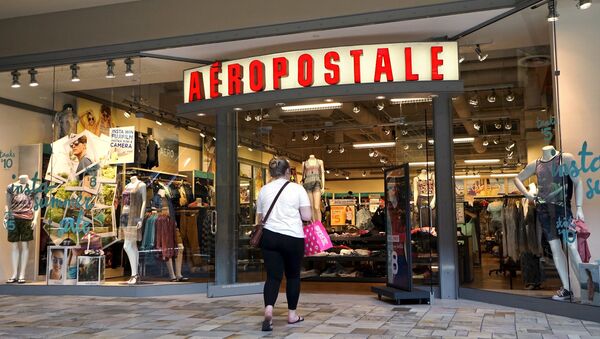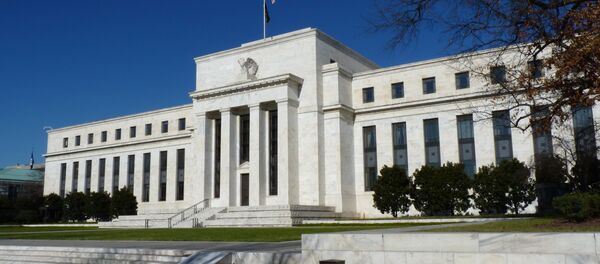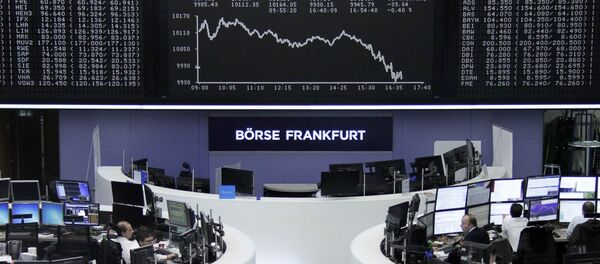Another reason of consumers' anxiety is possibly rising petrol prices as international oil markets have rebounded in the recent days, and the US, having started exporting crude oil in the recent months, is now exposed to risks stemming from prices swings in the global market.
The University of Michigan reported on Friday its preliminary reading of the measure of US consumer sentiment for March declined to 90.0 from 91.7 the previous month. Earlier predictions for this month stood at 92.2, meaning the drop in consumer confidence has come about unexpectedly, mainly due to the most recent developments in the economy and financial markets.
"While consumers do not anticipate a recession, they no longer expect the economy to outperform the 2.4% rate of economic growth recorded in the past two years," said Richard Curtin of the University of Michigan.
The recent pick-up in inflation, seen as beneficial for the overall economic growth and allowing the Fed to tighten up their monetary policies further, is a hit to the lower-income households. Petrol prices took off their multi-year lowest recently, following the rebound in oil. Prices at fueling stations rose to nationwide average of $1.96 per gallon of petrol in March from $1.70 the previous month.
"If you look at the inflation data, it's been up quite a bit over the last couple of months," Jacob Oubina of the New York-based RBC Capital Markets LLC said. "Consumers are noticing that and are wary of that as well."
Sub-indices of consumers' opinion of the current situation in the economy and further outlook also posted declines. Index of current conditions dropped to 105.6, its lowest since November, compared to 106.8 the previous month. Index of future expectations (into the next six months) slipped to 80.0 in March from 81.9 the previous month. Consumers' long-term inflation expectations rose to 2.7% in March from 2.5% the previous month, providing the Fed with clues on timing their rate hikes (likely in June).
According to the Michigan report, even though overall consumer confidence is sliding amidst anxiety over the rising prices, some 39% of households said their incomes have increased recently. Pay rates by hour rose an annualized 2.2% in February, slightly above the 2.1% average in the past five years.
"While rising gas price expectations remained strong in early March, this had no impact on consumers' real income expectations as job and income prospects remained strong," Curtin of the University of Michigan said.
The recent improvements in the job market are the main source of optimism. On Thursday, the Labor Department reported the amount of employment vacancies hit its third-highest on record (since 2000), whilst some 242,000 employees were hired in February.
The consumer confidence index hit its all-time highest in January 2000, at 112, declining thereafter. The measure has never risen above 100 again since 2004.



